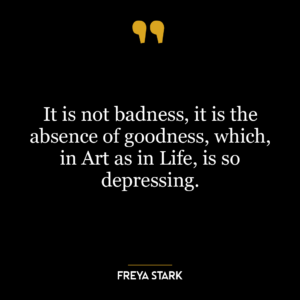This quote suggests that adultery is wrong primarily because it involves taking something that does not rightfully belong to us, in this case, someone else’s partner. However, if something is willingly given to us, it cannot be considered theft. In the context of adultery, this implies that if a person willingly chooses to engage in an affair, it cannot be seen as a theft, as the person was not ‘stolen’ but rather gave themselves willingly.
One way to interpret this quote is through the lens of personal responsibility and consent. It suggests that individuals have the agency to make their own decisions and should be held accountable for their actions. If a person willingly chooses to engage in an affair, they are not being ‘stolen’ from someone else; they are making a conscious decision.
In today’s world, this idea can be applied in various contexts beyond just adultery. For example, in the realm of business, if an employee willingly leaves one company for another, the new company did not ‘steal’ the employee; rather, the employee made a decision to leave. Similarly, in personal development, it underscores the importance of taking responsibility for our actions and decisions, rather than blaming others.
However, it’s important to note that this quote doesn’t necessarily condone adultery or similar actions. Instead, it suggests a perspective that emphasizes personal agency and responsibility. It also subtly hints at the complexity of human relationships and emotions, suggesting that they can’t be reduced to simple concepts like ‘theft.’
Applying this to personal development, it encourages us to recognize our agency in our choices and actions. It also suggests the importance of understanding the nuances and complexities of situations rather than viewing them in black-and-white terms. This can lead to a more empathetic, understanding approach to dealing with personal and interpersonal issues.











